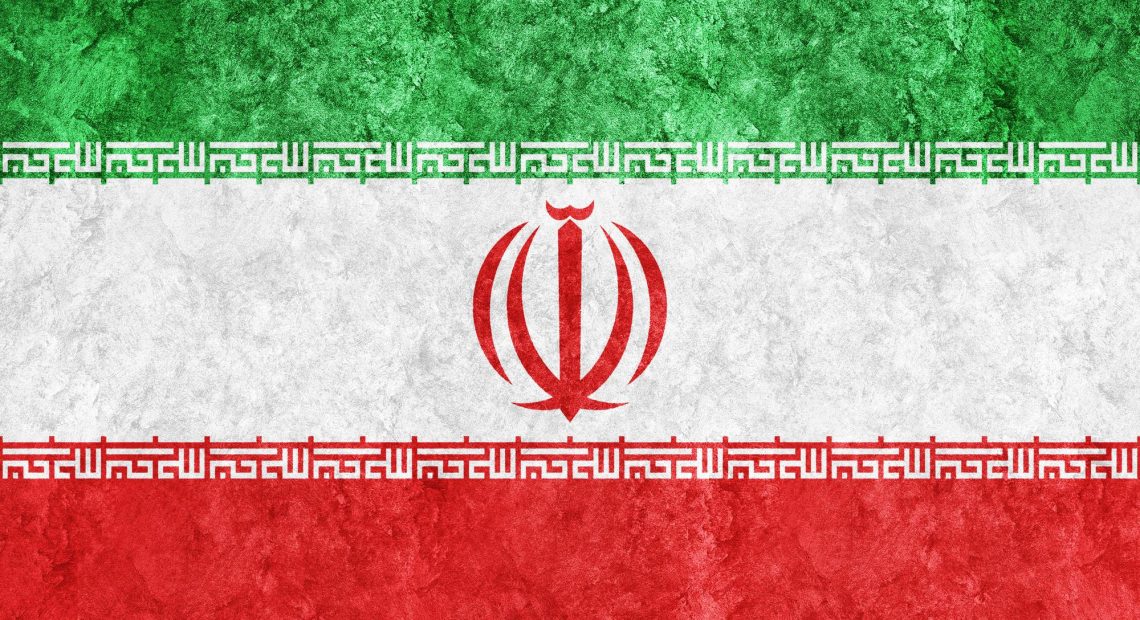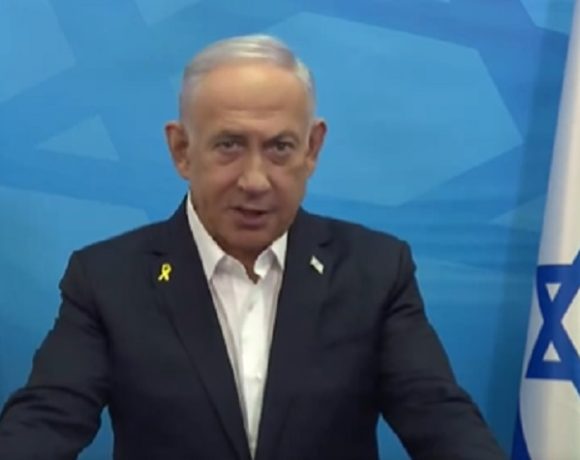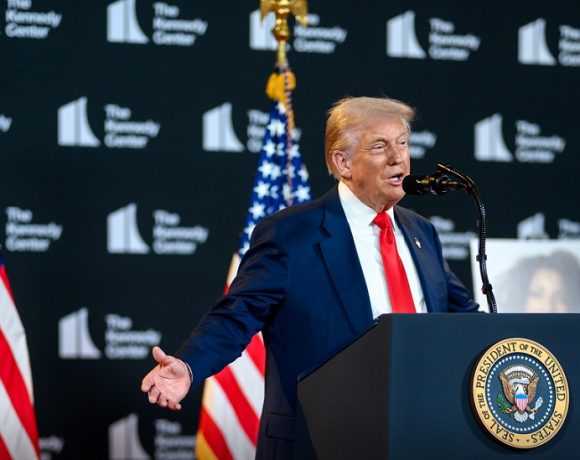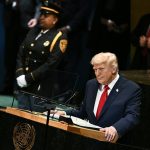
Iran Suspends Cooperation With IAEA Amid Regional Tensions
Iranian President Masoud Pezeshkian has approved new legislation formally suspending Iran’s cooperation with the International Atomic Energy Agency (IAEA). The move, passed by Parliament and the Supreme National Security Council, mandates a pause in all IAEA activities at Iranian nuclear sites until Tehran receives binding security guarantees for its facilities and personnel.
IAEA Cooperation Suspended
Under the new policy, IAEA inspectors can no longer access Iranian nuclear sites without explicit clearance from Iran’s Supreme National Security Council. The escalation follows Iran’s criticism of the agency for not protecting its nuclear infrastructure following suspected airstrikes jointly carried out by U.S. and Israeli forces.
Diplomatic Rationale
Iranian officials have accused the IAEA of enabling foreign strikes by providing sensitive operational data. Foreign Minister Abbas Araghchi openly condemned the agency’s leadership and suggested banning IAEA Director-General Rafael Grossi from the country. Despite the suspension, IAEA personnel remain in Iran for now, and no immediate expulsion has taken place.
International Reaction
Western nations, including the U.K., France, and Germany, have expressed strong concern and urged Iran to uphold its international transparency obligations. Israel has called for renewed sanctions under relevant nuclear agreements, noting that the suspension of cooperation undermines global oversight efforts and escalates regional instability.
Broader Context
Iran’s decision marks a major deterioration in its relationship with global nuclear regulators—coming just weeks after Parliament initially voted unanimously to pause cooperation. The country is seeking formal security guarantees before reversing this stance, but has yet to propose any specific framework. The law now awaits ratification by the Guardian Council, setting the stage for further geopolitical tension.


















